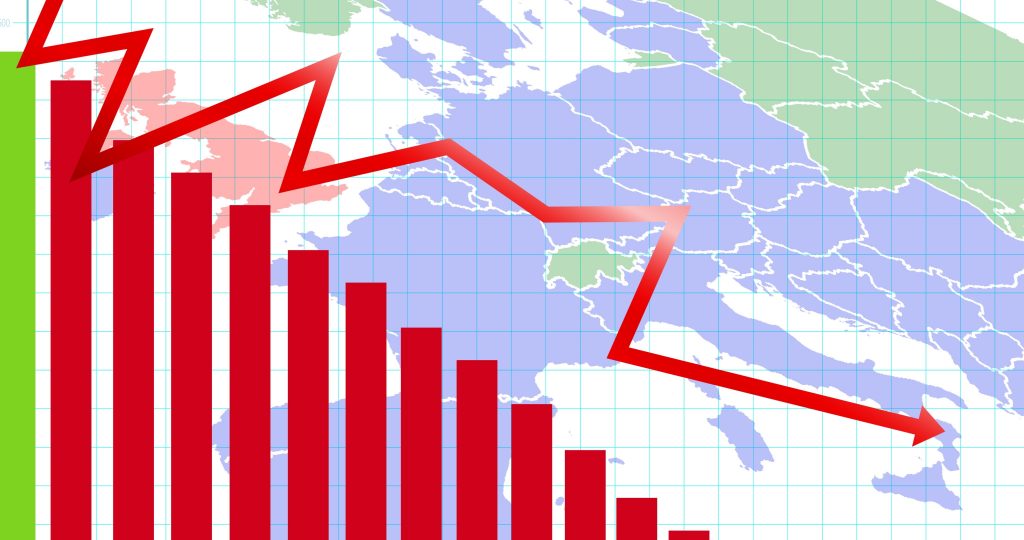Growth forecast for Türkiye was revised upward to 4% in 2022 from 2.5% in the previous report. Türkiye’s economy is expected to expand 3.5% in 2023, up from April’s forecast of 3%, the Washington-based institute data showed.
ANKARA – The International Monetary Fund has recently cut its global economic growth forecast for both 2022 and 2023 amid high inflation, a slowdown in China, and the continued Russian war on Ukraine.
According to the IMF’s latest World Economic Outlook, the global economy is projected to grow 3.2% this year, revised 0.4 percentage points downwards from the previous forecast in April.
Growth is expected to moderate in 2023 to 2.9%, down 0.7 from April’s projection.
 Downgrades for the world’s two largest economies, China and the US, as well as for India, are driving the downward revisions to global growth during the two-year period.
Downgrades for the world’s two largest economies, China and the US, as well as for India, are driving the downward revisions to global growth during the two-year period.
The US economy is expected to grow 2.3% in 2022 and 1% in 2023, revised down by 1.4 percentage points and 1.3 percentage points, respectively.
This was due to disappointing growth in the first two quarters with weak private consumption and the erosion of household purchasing power and the expected impact of a steeper tightening in monetary policy.
The IMF lowered its growth projections for China by 1.1 percentage points and 0.5 percentage points respectively in 2022 and 2023, driven by extended lockdowns and the deepening real estate crisis. China’s GDP is now foreseen to rise by 3.3% this year and 4.6% next year.
Growth forecast for Türkiye was revised upward to 4% in 2022 from 2.5% in the previous report. Türkiye’s economy is expected to expand 3.5% in 2023, up from April’s forecast of 3%, the Washington-based institute data showed.
Growth in the euro area is also revised 0.2 percentage points downward to 2.6% this year and by 1.1 percentage points to 1.2% next year, reflecting the fallout from the war in Ukraine as well as the assumption of tighter financial conditions.
The outlook for India has been revised downward 0.8 percentage points, to 7.4% in 2022, led by less favorable external conditions and more rapid policy tightening.
The IMF underlined that consumer inflation is surging faster than expected, fueled by food and energy prices besides lingering supply-demand imbalances.
The fund upgraded its inflation forecasts by 0.8 percentage points for both 2022 and 2023, hitting 8.3% and 5.7%, respectively.
“The outlook has darkened significantly since April. The world may soon be teetering on the edge of a global recession, only two years after the last one,” according to IMF’s chief economist Pierre-Olivier Gourinchas.





